Search Results
Showing results 1021 to 1040 of 1645
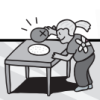
Electric Gelatin
Source Institutions
In this activity, learners explore static electricity and electrical charges while experimenting with an inflated balloon, unflavored gelatin powder, and a wool sweater.

The Best Dam Simulation Ever
Source Institutions
This online simulation game explores the different consequences of water levels on the Columbia River in the Pacific Northwest.
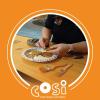
Cookie Paleontology
Source Institutions
In this activity, learners will explore paleontology and archaeology. They will learn about technique as they excavate raisins and chocolate chips from cookies.

Color Splash
Source Institutions
In this activity, learners mix water, cooking oil, and liquid food coloring to create beautiful colored designs in a cup. Use this activity to explore liquid density and solubility.
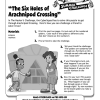
Six Holes of Arachnipod Crossing
Source Institutions
In this Cyberchase activity, learners use the numbers one through six to solve a puzzle.

Got Gas?
Source Institutions
Create gas with a glass of water, some wire, conductors and a battery! You will be separating water (H2O) into oxygen and hydrogen.
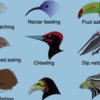
Bird Watch
Source Institutions
In this group or individual activity, learners are encouraged to watch birds near home or school—possibly where birds are nesting in a tree, pecking in a park, feeding from a feeder, or flying through
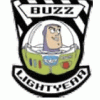
Buzz Lightyear Connect It!: Flight Path Activity
Source Institutions
In this activity, "space cadets" (learners) use writing and sequencing skills in addition to directional words/ordered pairs to guide Buzz Lightyear (from the movie "Toy Story") through a grid to reac

Globe at Night
Source Institutions
In this international citizen science activity, learners measure their night sky brightness and submit their observations into an online database.

Snake Kite
Source Institutions
In this activity, learners will explore the physics of air by making a snake kite.
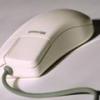
EEEEK--A Mouse!
Source Institutions
In this activity, learners explore the concept of how engineering solved the problem of human/computer interface.
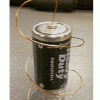
Simple Spinner
Source Institutions
In this activity, learners create a tiny electric, motorized dancer. Learners use the interactions of magnetism and electric current to make a wire spin, while displaying the Lorentz Force in action.
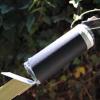
Periscope
Source Institutions
In this activity, learners construct a device that allows them to look over ledges or around corners.
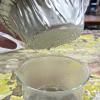
Wonderful Weather
Source Institutions
In this activity, learners conduct three experiments to examine temperature, the different stages of the water cycle, and how convection creates wind.
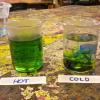
Energetic Water
Source Institutions
In this activity, learners explore how hot and cold water move. Learners observe that temperature and density affect how liquids rise and fall.

Parachute Parade
Source Institutions
In this engineering activity, learners design parachutes to give toy figures safe landings. This activity is great for practicing an important STEM skill--changing only one variable at a time.
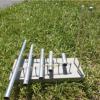
Metallophone
Source Institutions
In this activity, learners explore sound by constructing an instrument using some metal pipes, rubber bands, and a baseboard.

Katta Villayatu
Source Institutions
In this activity, learners play a game from India similar to Tic-Tac-Toe. Players take turns placing coins on the game board and sliding the coins along the spaces.
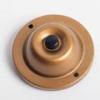
Two Button Buzzer Circuit
Source Institutions
In this activity, learners explore an everyday situation, where either of two or more buttons can ring a buzzer.
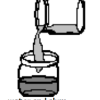
Cloudy Globs: Can You Make a White Gel From Two Clear Liquids?
Source Institutions
Using household materials, learners can make white gooey globs from clear solutions. Alum, dissolved in water, reacts with the hydroxide in ammonia to create aluminum hydroxide.
